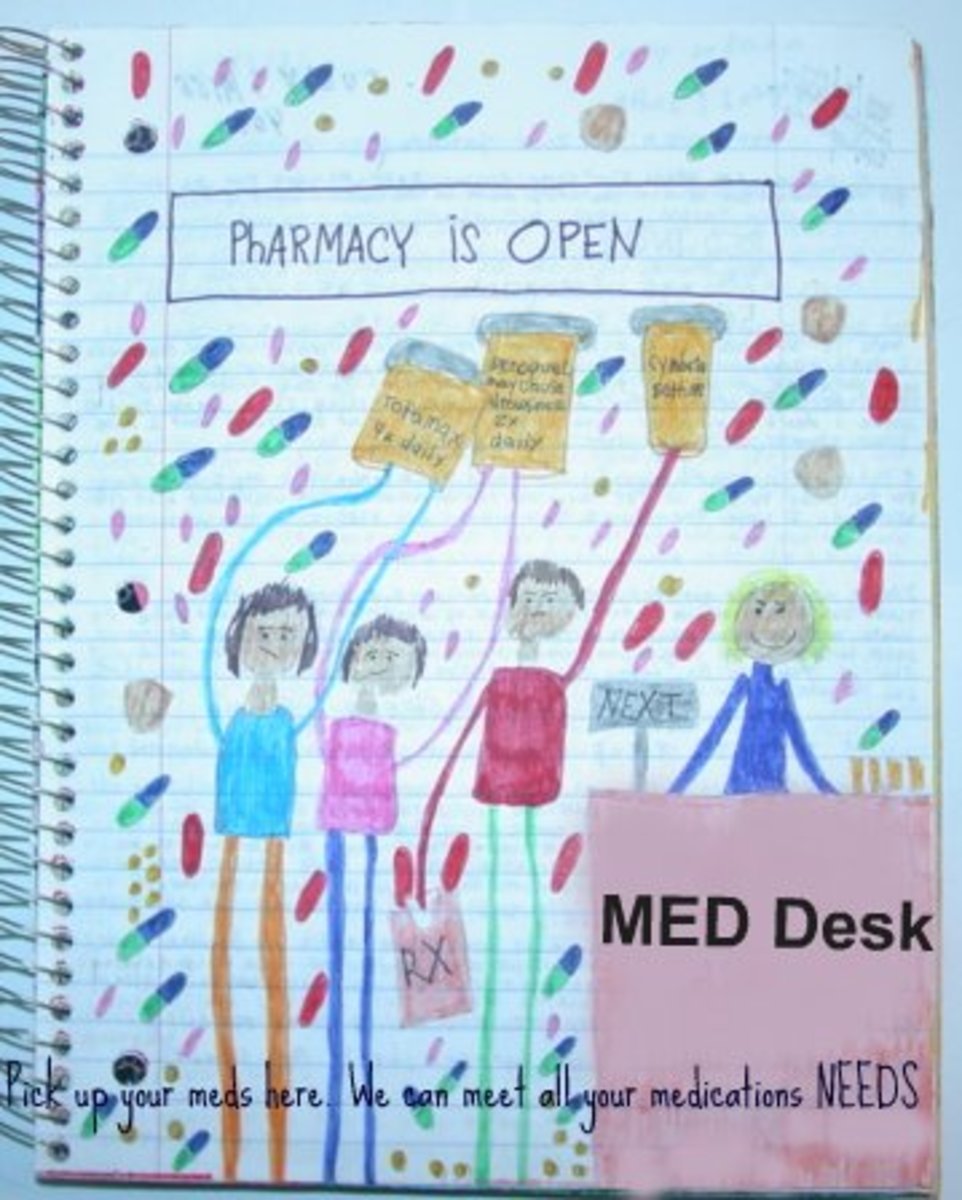Don't Try To Manage Your Anger

Anger is a natural response
Anger is a natural response to certain events, but when the anger is exaggerated or too swift to arise it must be sorted out. When people perceive an injustice, they feel anger and this response is just and fair. The person who feels they are the subject of injustice almost all the time (persecution) has another problem altogether.
Some people are slow to become angry; they react to events in a more measured manner and when they do react it is often logical and in proportion. Others seem to explode and drive fear into everyone around them. These people are often avoided and treated with lots of space. The person with a “hair trigger” or “short fuse” can be very hard to live with.
Anger can develop into an Intermittent Explosive Disorder
Of course, those with an anger problem may go on to be violent as well. It is a short step between feeling anger and wanting it resolved physically as a result of feeling ignored and wanting to punish.
Intermittent explosive disorder involves repeated, sudden episodes of impulsive, aggressive, violent behaviour or angry verbal outbursts in which people react grossly out of proportion to the situation. Road rage, domestic abuse, throwing or breaking objects, or other temper tantrums may be signs of intermittent explosive disorder.

The common attempts at dealing with anger
When anger arises and it is not responding naturally to a situation, people adopt one of a variety of ways of coping:
-
Using conscious will, in other words, trying to control the temper by biting their lip, walking away or counting to ten (this is a waste of time and rarely works). Willpower alone will not resolve the anger situation because it requires monumental effort and sooner or later the anger will burst through the control.
-
Medication, such an anti anxiety medication which suppresses the person not just during the anger burst but all the time. While this may be appropriate in order to calm the person temporarily (a few weeks or so), it is not a long term solution. Medication always comes with side effects.
-
Self medication, which means alcohol and street drugs. The most common, easily available and cheap is alcohol which people can take without any risk of prosecution. The main problem is that alcohol reduces self control and allows anger to come out more easily. While it can mellow people, it can enable anger bouts. It is commonly found that domestic violence is accompanied by alcohol.
The REAL causes of chronic anger
People often ask about how to manage anger, but managing is not the real solution. “Managing” is a bit like damming a river; it is possible to build a dam wall and it can be very high, but the river keeps building up behind it. At some point, the dam with break or the water will spill over the top. It is better to divert the river instead.
There are many causes of anger. Some are caused by incidents in life that just happen. These should not result in an explosion of anger, but a measured response to the cause. Anger is quite right and proper in the correct circumstances. It is the inappropriate anger that causes problems. This can be caused by:
-
Real or imagined injustice. Quite often, someone with anger issues will feel persecuted and paranoid, as if they are looking for something which will cause them to become angry. Real injustice which is intentional is quite rare; accidental injustice can be calmed with a simple apology.
-
A taught response. When someone has grown up in a home where the natural response to conflict is anger, this is the response that will be displayed whenever problems arise in the future. If the anger outburst does not result in the desired response (eg the other person backing down), it can very quickly escalate into a full scale row with violence. The person does not have any other emotional tools to deal with conflict other than anger and violence.
-
Unable to let go. Once an argument has run its course, it is important to let the disagreement come to an end. Some people cannot do this and revisit the same argument time after time. Because it is never laid to rest, the same issues continue to surface and are never resolved.
-
A past injustice. This is where the person has experienced an injustice in the past which is still fresh in the unconscious mind. It may have arisen decades in the past but not forgotten. The person may not remember much about it but the unconscious mind still dwells on it. These people seem to be angry all the time; they are even angry when they wake up. All it takes is the smallest provocation and they “go through the roof”. Though the present provocation may be small, it is the historical injustice that the person is still reacting to.
Imagine a girl with a mother who frequently picks on her but is far from perfect herself. The girl will feel that her mother is unfair; she will become hypersensitive to criticism and subject to anger. Time does not reduce this underlying anger and it is never resolved. The key is to understand that the mother has a problem, and that she is not deliberately behaving that way. One route may be to try to forgive the mother for being psychologically damaged and also to avoid seeking an apology (it never happens), but possible limit the future contact with the mother.

Resolving chronic anger
Resolving anger requires considerable self understanding and a willingness to look inside the mind. It is necessary to understand the underlying cause of the anger and to deal with it logically until it is satisfactorily processed. Unfortunately most angry people believe that other people are the cause of their problem and not them.
Angry people need to rethink large parts of their lives, and this will usually demand considerable adjustment. It is the time to stop seeking apologies and to stop being “right” all the time. It is necessary to accept an imperfect world.
There are no tricks to managing anger
Instead, the cause of anger should be investigated. When the cause is understood, it can be removed by either meditation (if the person is capable of doing so) or by seeking a professional who understands what to do.
The process of healing requires psychotherapy, patience, persistence and practice
Anger is a very divisive emotion that never does anyone any good. It can scare people, dominate, frighten others and cause uncountable relationship breakups. Anger, should not be completely removed, it should be reduced to a measured response which is appropriate in the circumstances.









